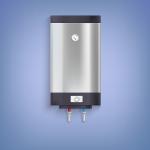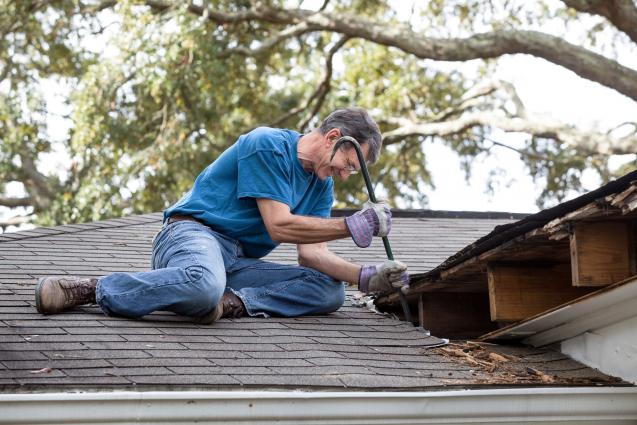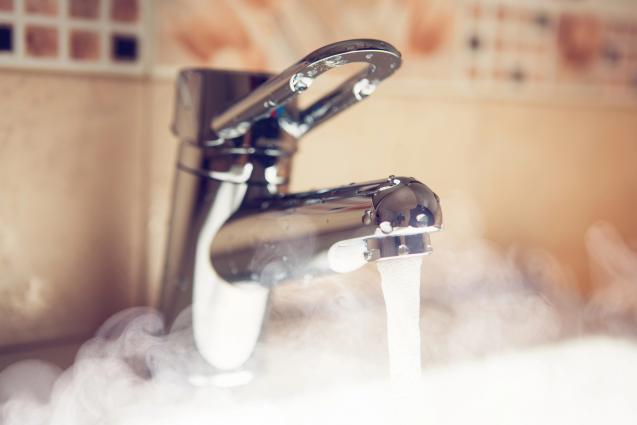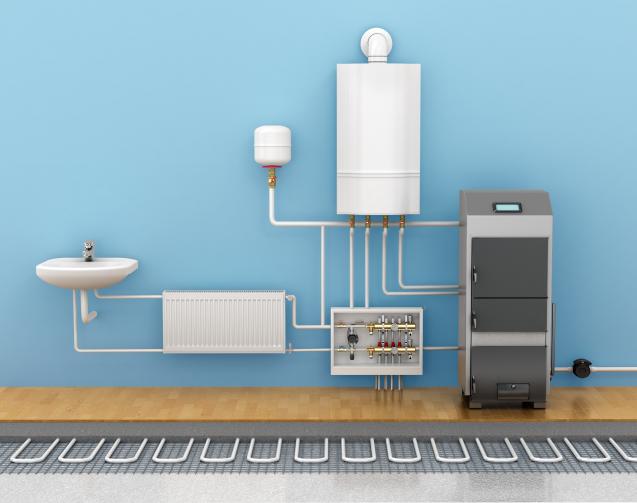
Maximising Your Hot Water System's Efficiency: Maintenance Tips
Understanding Your Hot Water System
Various types of hot water systems are installed in households across Australia, each with its unique characteristics and requirements. These include storage tank systems, on-demand or instant hot water systems, heat pump systems, and solar-powered systems, among others. Familiarity with your specific hot water system is the major stepping stone towards optimised energy efficiency. You need to know how your system heats water, how it distributes this heated water throughout your home, and its potential energy requirements. This understanding will also bolster your ability to troubleshoot minor glitches, predict potential issues, and recognise when professional intervention is necessary.
By knowing your system's energy requirements and understanding it operates, you’ll be in a stronger position to adopt energy-saving practices and strategies, which can drastically reduce your utility bills over time.
Regular Inspection and Servicing
The value of routine inspections and servicing in promoting longevity and efficiency of your hot water system cannot be overstated. Several components claim priority during these checks - heating elements, valves, thermostats, plus the pipes and tank themselves. It is advisable to consult a professional who can comprehensively service the entire system at least once annually. These checks will ensure all the components remain in record shape and that potential issues don't spiral into significant, costly repairs. Regular support essentially dovetails with enhanced water heat efficiency and lower energy costs over time.
And If you're considering replacing your hot water system, discuss with a plumber to find a cost-effective hot water system for your home. They can assess your needs, recommend suitable options based on your budget and energy efficiency goals, and ensure proper installation for optimal performance.
Insulating Your Hot Water Tanks and Pipes
Enhancing the energy efficiency of your hot water system allows you to save significantly on energy cost, and insulation is a key player in this. By insulating your hot water tank and pipes, you reduce any potential heat loss. This technique reduces the energy required to heat the water, promoting the efficiency of your hot water system and helping you save on utility bills.
The task of insulation might require professional intervention to ensure the appropriate materials are chosen and wielded correctly. While several insulation materials are available, some work better with particular hot water systems and specific geographical locations than others.
Tuning the System's Thermostat
Setting the right temperature on the thermostat is fundamental to the efficiency of any hot water system. Balancing the perfect temperate will not only ensure an optimal hot water range but also minimise unnecessary energy consumption. Ideally, during the colder months, the thermostat requirements may be slightly higher, and vice versa during the warmer months. A well-adjusted thermostat, in line with the ambient temperature, can go a long way in maximising your system's efficiency and managing energy consumption. Once again, understanding how your specific system operates will be pivotal in achieving this balance.
Draining and Flushing your System Regularly
Few maintenance tasks can have as much of an impact on your hot water system's efficiency and lifespan as regularly draining and flushing. Over time, sediment and minerals, heavy in calcium and magnesium, build up inside your hot water system, especially if you live in an area with hard water. This accumulation can adversely affect heating levels and overall system efficiency, leading to higher energy use.
To prevent this, regularly drain and flush out your hot water system, effectively removing any built-up sediments. Though this process might appear daunting at first glance, it's a manageable task with some guidance and can significantly contribute to extending your system's lifespan and efficiency.
Conclusion
In the final analysis, there are multitudes of ways to maximise the efficiency of a hot water system, most fundamentally, through performing regular maintenance and inspections. Prioritising tasks such as hot water installation and repairs by consulting professionals can lead to the best results. Furthermore, taking the time to understand your system and its specifications, regularly seeking professional servicing, insulating the tanks and pipes, wisely tuning the thermostat, and adopting system draining and flushing practices are paramount. Following these proactive maintenance steps allows you to witness firsthand benefits of optimised hot water systems, such as marked reductions in utility costs and overall efficient energy consumption.



